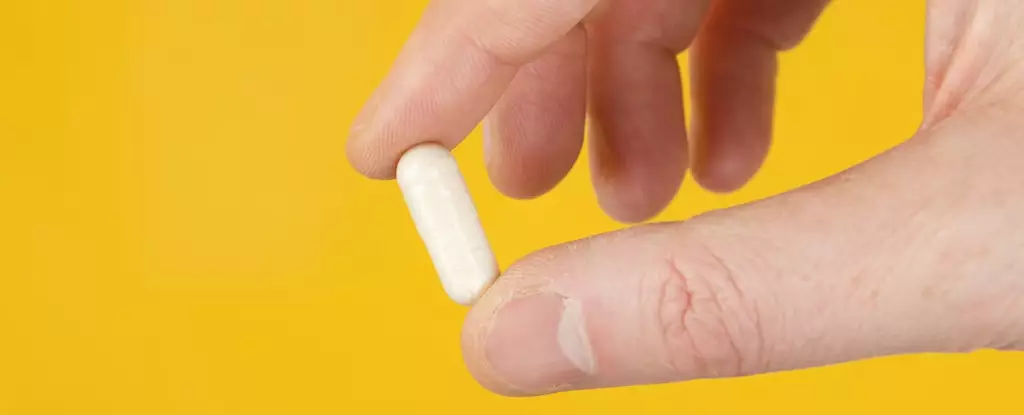The placebo effect is a fascinating phenomenon that has puzzled scientists for years. The idea that a simple sugar pill, with no active ingredients, can trigger a psychedelic reaction in some individuals is mind-boggling. What’s even more surprising is that placebos can work even when people are fully aware that they are not taking real medication. Recent research has shed light on how this strange phenomenon can be utilized as a means to reduce stress levels, particularly in times of distress.
Psychologists at Michigan State University conducted a study to explore the potential benefits of using placebos to alleviate stress. The researchers prescribed a group of 32 volunteers with a placebo, while another group of 32 individuals received no treatment. All 64 participants reported experiencing prolonged stress during the COVID-19 pandemic. Their stress levels, anxiety, and depression were measured at the beginning, middle, and end of a two-week trial period. The intriguing part of the study was that the placebo group was fully aware that they were taking pills with no active ingredients. They were instructed to take the inert pills twice a day and to fill out a daily survey on their pill-taking adherence.
Despite knowing that they were only taking placebos, the group that received the inert pills showed a significant decrease in stress, anxiety, and depression compared to the group that received no treatment. This unexpected finding suggests that the placebo effect can have a real impact on mental health outcomes, even without deception. However, the researchers caution that more extensive research is needed to confirm these results across different demographics and over longer periods.
The exact mechanisms behind how non-deceptive placebos work are still a mystery. While explicit expectations are believed to play a role, there may be other factors at play such as implicit expectations, conditioning from previous experiences with active treatments, and embodied cognition. The researchers speculate that leveraging the power of placebos to treat individuals experiencing moderate stress could prevent them from developing more severe mental health conditions.
Remote administration of non-deceptive placebos could offer a scalable and accessible solution for individuals struggling with mental health concerns. This innovative approach to mental health treatment has the potential to reach individuals who may not have access to traditional mental health services. While some researchers argue that more evidence is needed to support the therapeutic value of placebos, studies like these highlight the potential benefits of using placebos as a means of stress relief.
The placebo effect remains a fascinating and powerful tool that could revolutionize mental health treatment. By tapping into the mind’s ability to heal itself, non-deceptive placebos offer a promising solution for reducing stress and improving overall well-being. Further research is needed to fully understand the mechanisms at play and to validate the long-term efficacy of placebo therapy.



Leave a Reply